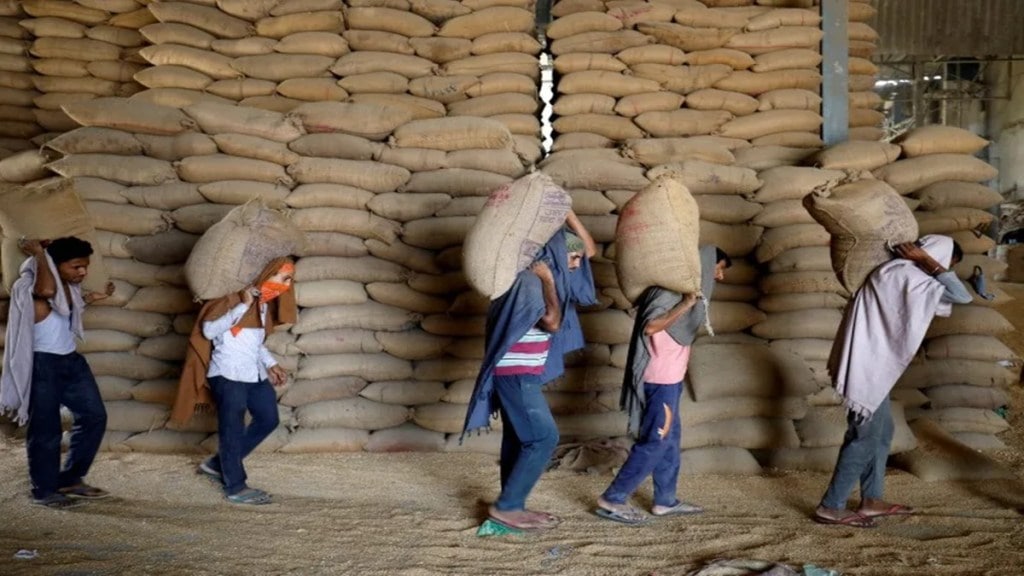The government will ‘positively’ consider industry demands to allow exports of wheat products such as flour and semolina, while maintaining that food security needs remain the top priority, food minister Pralhad Joshi said on Wednesday.
“Multiple ministries are involved in export decisions and emphasised the need to consider next year’s wheat production. Keeping consumer interest and food security in mind, we will positively look into it,” Joshi said at the 85th annual general meeting of the Roller Flour Millers’ Federation of India (RFMF).
India, the world’s second-largest wheat producer after China, had banned exports of wheat and its products in 2022 due to concerns over domestic food security, a smaller harvest, and rising inflation.
The agriculture ministry has estimated wheat production at a record 117.5 MT during the 2024-25 crop year (July-June), an increase of 3.7% over the previous year.
Millers urge govt to increase buffer norm
Flour millers have urged the government to hold more stocks in the buffer than the current norm of 7.5 million tonnes at the start of the season on April 1, to curb volatility in prices.
“India requires around 18.4 million tons of wheat every year to meet its public distribution system (PDS) requirement. What we are suggesting is that the government build a stock which is equivalent to a full one-year requirement at the start of the season itself so that there is certainty in the market and no volatility in prices,” Navneet Chitlangia, president, RFMF, said.
This recommendation from the flour millers is likely to raise the Centre’s subsidy burden on storage and stretch storage limits.
Impact of Floods on Wheat Sowing
Chitlangia also said that sowing of wheat might get delayed this year in northern states, particularly in Punjab, as silt from the floods that hit the state a few weeks back is yet to be cleared from the fields in at least five districts.
